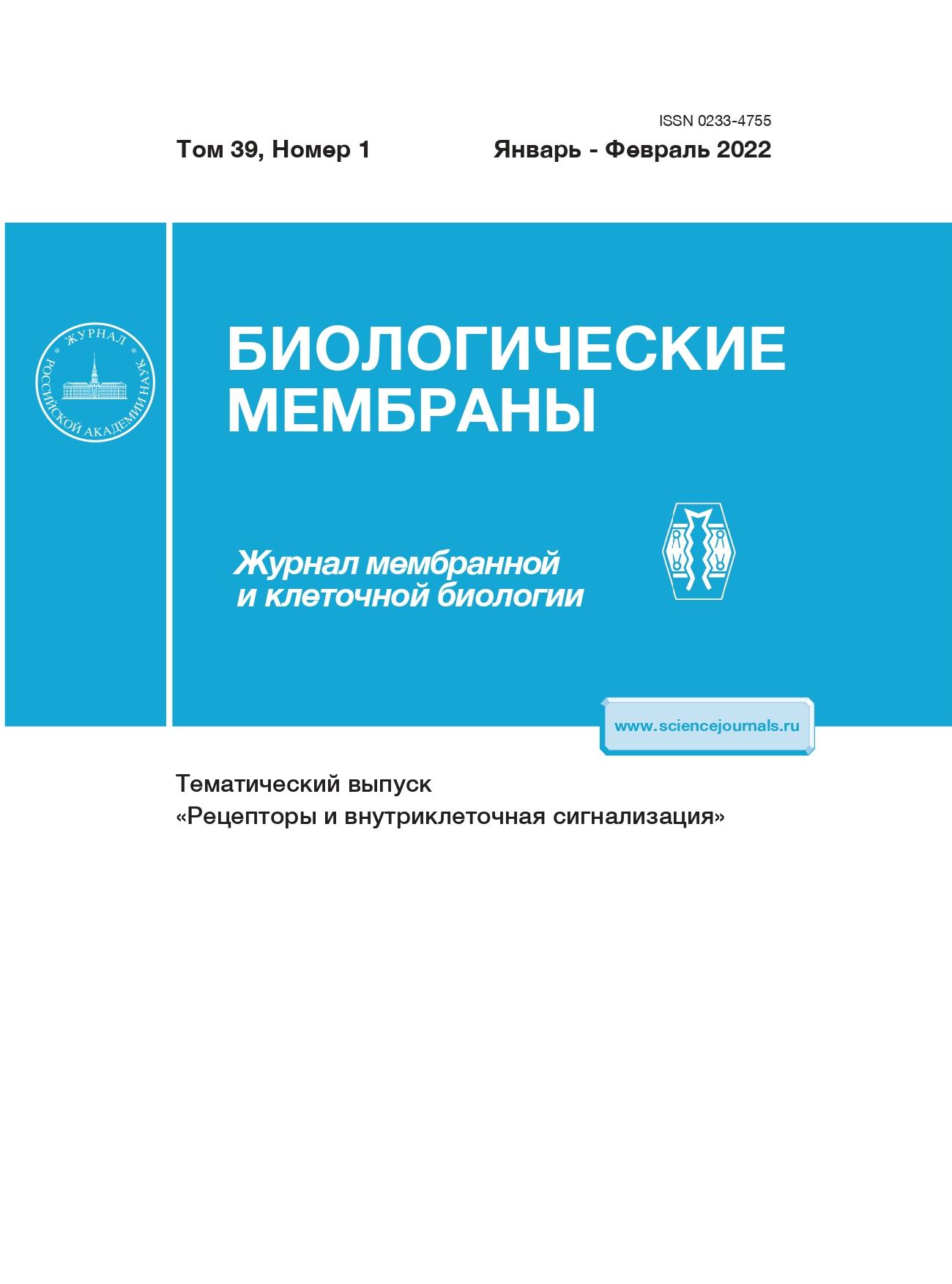
BIOLOGICHESKIE MEMBRANY
Journal of Membrane and Cell Biology

Journal of Membrane and Cell Biology
V. V. Roshchina, V. A. Yashin, A. R. Kunyev
Biochemistry (Moscow), Supplement Series A: Membrane and Cell Biology. 2023;17(4):276-285
Pages: 276-285
Inflammation is a complex biological process involving the recruitment and activation of immune cells, notably granulocytes, whose adhesive properties are critical for their extravasation and function at sites of injury. This study investigates the role of the cholinergic system, specifically the Nicotinic Acetylcholine Receptors (nAChRs), in modulating the adhesive behavior of murine bone marrow granulocytes under inflammatory conditions. We hypothesized that nAChR ligands could serve as novel modulators of granulocyte adhesion, a key step in the inflammatory cascade. Using *in vitro* adhesion assays and flow cytometry on isolated murine bone marrow granulocytes, we examined the effects of various nAChR agonists and antagonists on adhesion to endothelial cell monolayers and extracellular matrix components. Our results demonstrate that specific nAChR ligands significantly alter granulocyte adhesion, with certain agonists promoting a dose-dependent decrease in adhesive capacity, suggesting a mechanism for dampening the inflammatory response. This modulation is likely mediated through nAChR-dependent signaling pathways that affect the expression or conformation of key adhesion molecules on the granulocyte cell membrane. These findings highlight a previously underappreciated role for the nAChR system in regulating cell-cell and cell-matrix interactions in the context of inflammation, offering potential new therapeutic targets for inflammatory diseases by manipulating granulocyte trafficking.